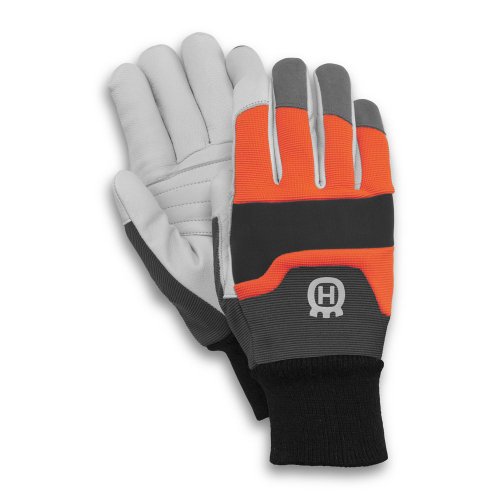requirements. If the operator is not in visuale contact with some one, the whistle meets the minimum requirement. If some one can hear it. Not very effective with enclosed cab machines.
I believe Timbcos have decals all over them that tell the minimum distance to stay away.
Good luck, Remember that your degrees and survey crew time don't equal time in the woods logging.
The machines pretty much all have STAY BACK 300 FEET on them. One thing I forgot to mention, the ones I've been around, when they have seen you and want you to approach, will drop the sawhead and throttle down. I was watching fireworks the other night and was thinking I could use some of those rockets to get the attention of operators.
A really good and entertaining site, I've got it bookmarked at work but not here, is
The Idaho Logging Safety News If there are any other sites out there as good, I'd be interested.
Since when is education a bad thing? Most of the second and third generation owner/equipment operators have degrees of some sort. Their folks insisted on it. There was a rumor that there was a cutter who was a burnt out opera singer. A lot of them tried doing some other line of work, but missed being in the woods, and returned.
I hope we've come beyond the stage of "Here's the saw, don't get hurt. Bye." that was done to me. Luckily, IN FORESTRY SCHOOL, we went over running a saw just a little bit, but I still did a lot of stupid things with it.
I'm out checking contract stuff 5 days a week, bad weather, good weather, (except took today off) and everybody, logger or not, works together to keep everybody safe! Yesterday we had a tail tree bending like a fishing rod, EVERYONE down in the brush had their eyes on it while turns were being yarded in. So, I would think that experienced folks, and let's forget about the education thing, would be willing to help others so they don't have to rely on being lucky and redoing all the stupid things that we've done.

























































